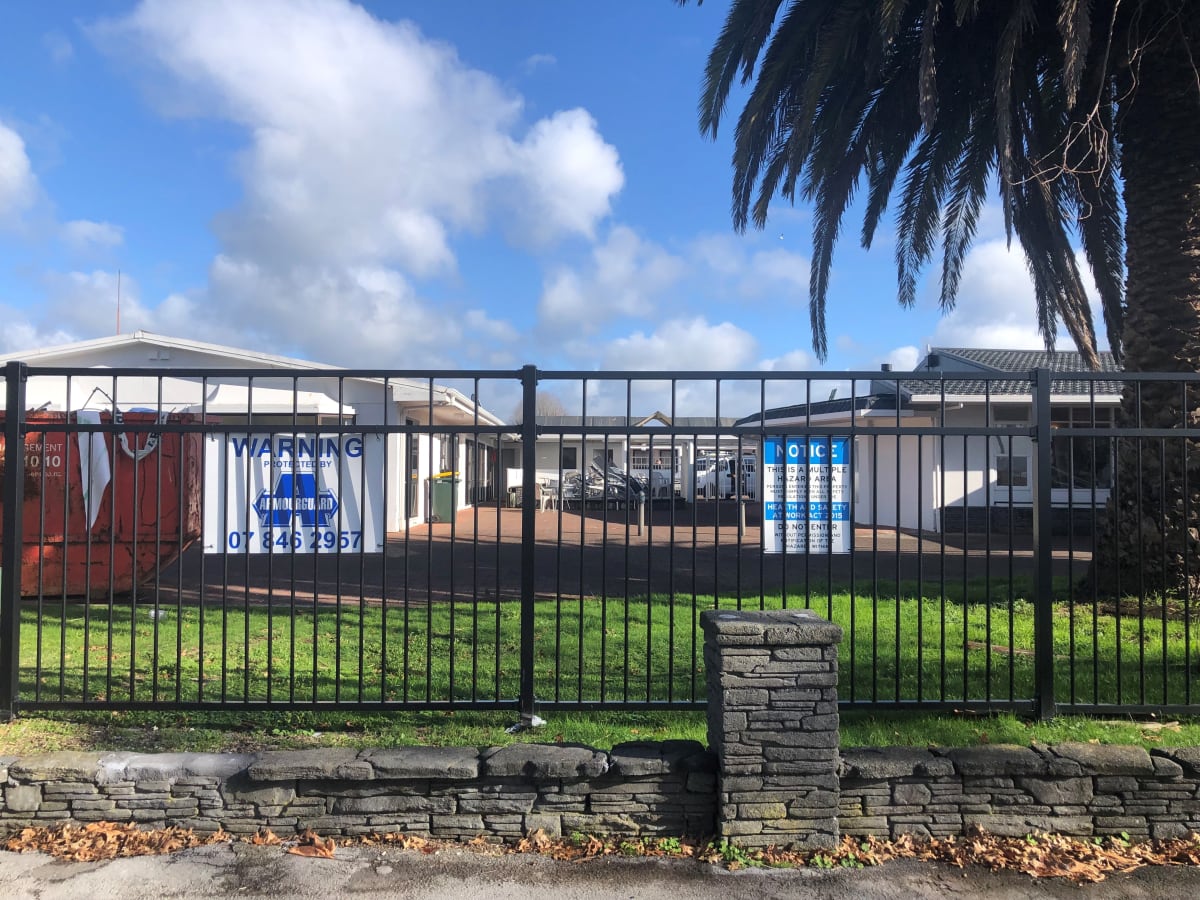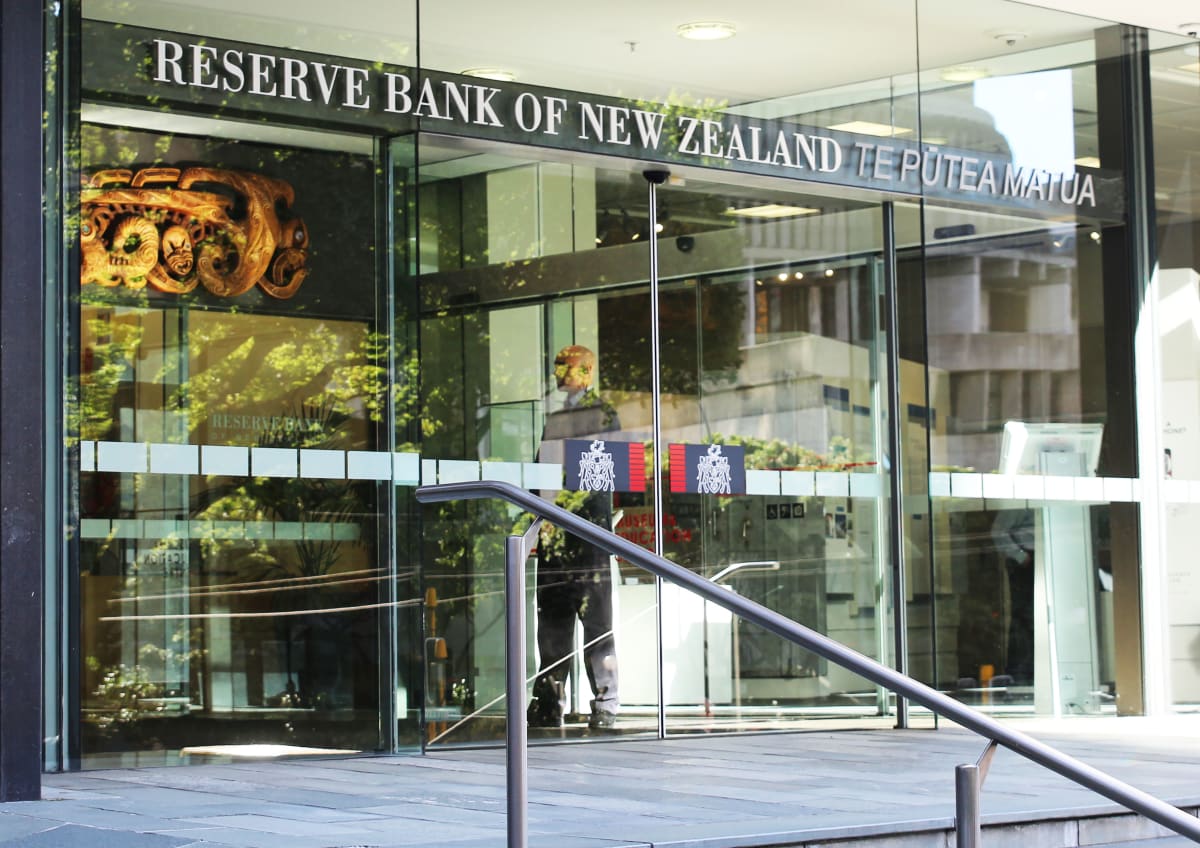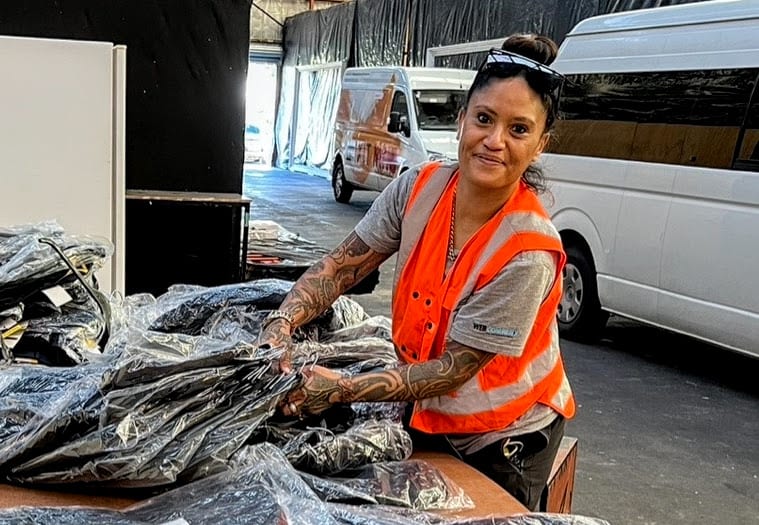
Every weekday, The Detail makes sense of the big news stories. This week on the podcast, we look at earthquake early warning systems and what's keeping Aotearoa from switching on, the residents making noise about the emergency housing in Rotorua, whether we really need to be planning for a recession, and we reunite with Kriddles Roberts, the woman who two years ago changed the face of the Waitākere Rotary Club.
Whakarongo mai to any episodes you might have missed. Find out how to listen and subscribe here.
The warning you might get before the next big quake
Unlike other quake-prone countries and regions around the world, New Zealand doesn't have an earthquake early warning system.
Japan, Taiwan, California and Mexico City all have them, and while each system works differently, they give people precious seconds of warning before incoming shaking.
That's enough time for organisations to shut down dangerous equipment, for example, or slow down high-speed trains, or put hospital surgeries on hold.
Wellington-based seismologist Caroline Holden is leading a team of researchers looking at how an earthquake early warning system could work in New Zealand – and says the biggest barrier to getting one up and running here is the multi-million dollar price tag.
Rotorua's emergency housing problem
Fenton Street used to be Rotorua's Golden Mile. Now locals call this stretch of road 'MSD Mile' for the dozens of motels housing hundreds of homeless people.

"It became a bit of a cash cow for the moteliers," says Kelly Makiha, a senior journalist at the Rotorua Daily Post.
"The word has quickly spread that if you're in need you can come to Rotorua and get a motel.
"Some of these moteliers are making millions a year."
But locals are heartbroken, Makiha says: they're too afraid to drive down the road at night as people openly deal drugs; cars are broken into, tipped onto their roofs and set on fire; neighbours' properties are vandalised and people are abused.
Trevor Newbrook of Restore Rotorua, a group pushing to revive the city's reputation as a premium tourist destination, takes The Detail on a drive along Fenton Street.
Do we need to fear another recession?
Is New Zealand, as ACT leader David Seymour put it, "halfway to a recession"?

The latest GDP figures, released last week, showed New Zealand's economy shrank by 0.2 percent in the three months to March.
As economist and partner at Sense Partners Shamubeel Eaqub explains, the technical definition of a recession is the economy going backwards for six months.
"Or there's a more practical definition, which is when people get so scared of doing things, they don't hire, they don't invest, and they don't spend.
RNZ business editor Gyles Beckford tells The Detail most economists aren’t anticipating a recession – but even if they were, we shouldn't be sounding the alarm bells so soon.
Kriddles Roberts: Empowering the west Auckland community
On a chilly Saturday morning inside a big shed at Corbans Art Centre in west Auckland, people are sorting through piles of used clothing and blankets, the barbecue is fired up for a sausage sizzle and children are playing on a bouncy castle.

It looks like a typical Kiwi fundraiser except everything is free – from the food to the brand new kids' backpacks and toys. It’s being put on for people in need in the community.
Behind it all is Kriddles Roberts and her charity Unity In Our Community. The Detail spoke to Roberts two years ago when she became the new president of Waitākere Rotary Club, the face of change and diversity at the organisation.
Roberts' mentor, Rotary leader Elaine Mead, calls her a breath of fresh air, saying that Rotary "wasn't just a bunch of pale, stale, business-only people". The organisation was set up in 1905 with the aim of giving back to the community, and with members like Kriddles, it's going back to its roots.
Find out how to listen and subscribe to The Detail here.
You can also stay up-to-date by liking us on Facebook or following us on Twitter.








